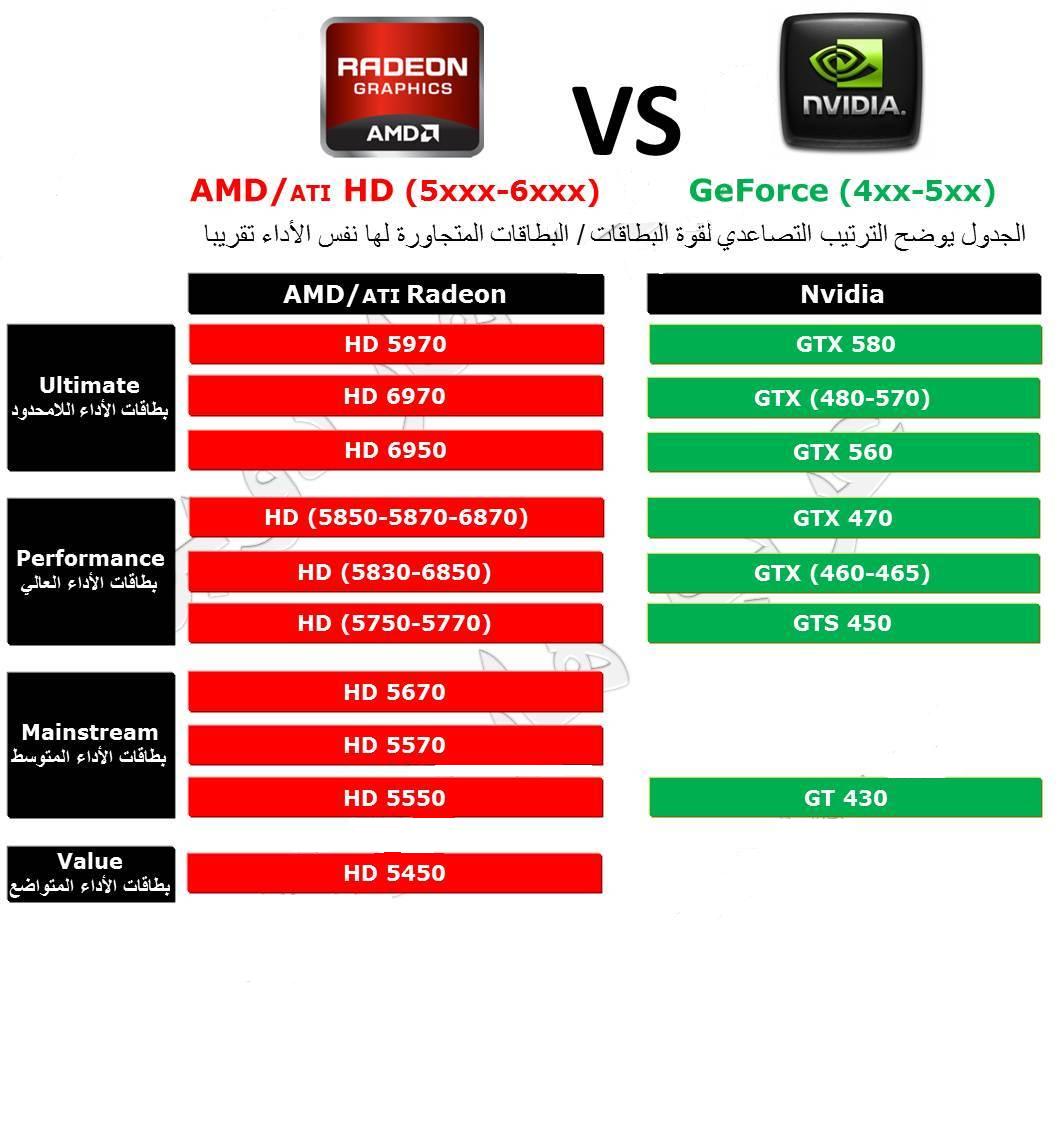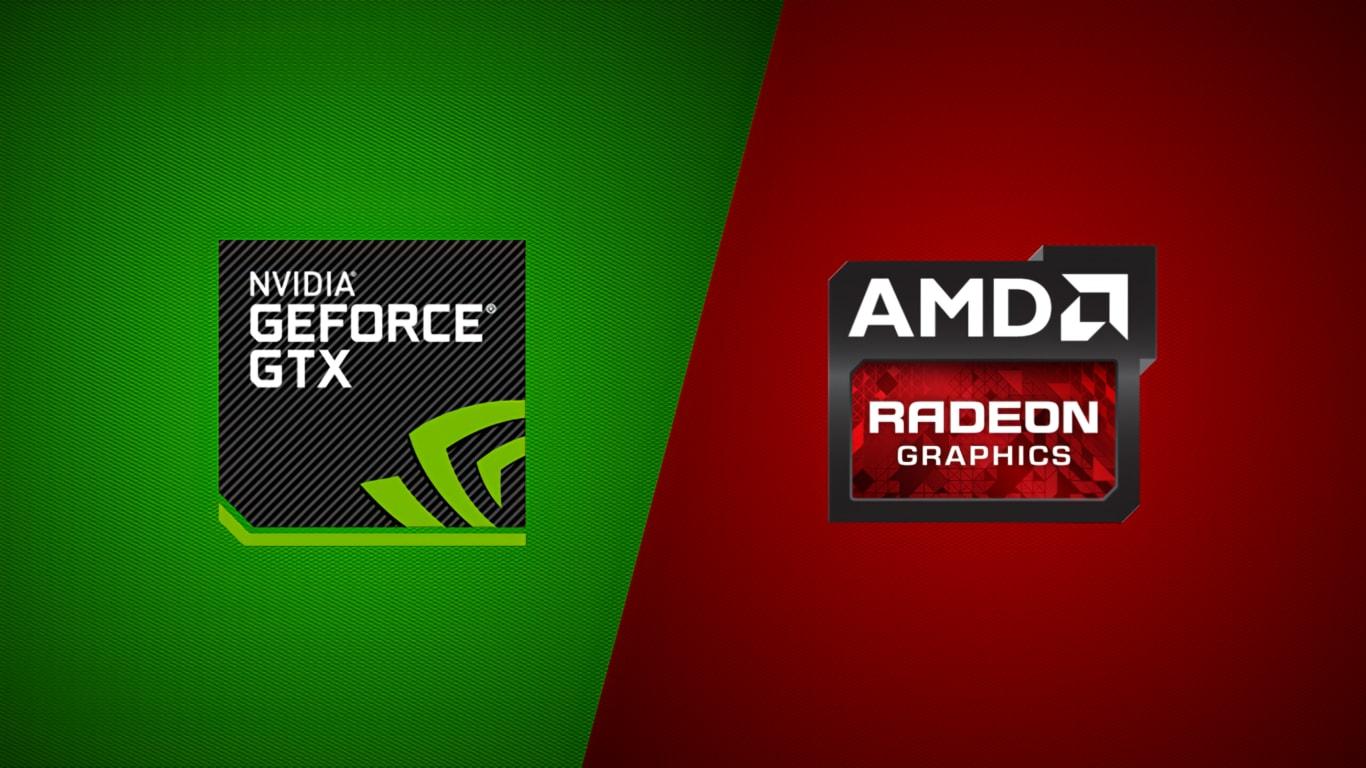
- Amd vs nvidia opencl benchmark archive#
- Amd vs nvidia opencl benchmark code#
- Amd vs nvidia opencl benchmark download#

To use the GPU, I have written a C++ DLL that uses the Open CL API to launch one task for each pixel in the image. NET Platform, which allows making loops using the different processor cores in parallel. To execute the algorithm using the CPU, I have used the Parallel class of the.
Amd vs nvidia opencl benchmark archive#
The archive contains the application executable (in the MandelbrotMP\bin\Release subdirectory), the source code, and a CSV file with the test results for different platforms ( Performance-data.csv).
Amd vs nvidia opencl benchmark download#
To do this, I have written an application in C# and C++ with Visual Studio 2022, which you can download using this link. The test consists of drawing the points of the set in a specific interval of the complex plane using different procedures: a single task, a task per point or a task per image line, using the CPU, or a task per image point using the GPU.

I will show in this article a basic performance comparison among various CPU / GPU platforms, based on the well-known Mandelbrot set and its surprising graphical representation. CPU performanceĪll massive data processing applications can benefit from the ever-increasing processing capacity of modern computers, which is now affordable for anyone's pocket. Instead, would I have to copy the buffers back to the host after running OpenCL kernels and then copy them back to the GPU using the CUDA memory transfer routines? I don't really like this approach as it seems to involve pointless memory transfers, I would much prefer it if I could just use CUFFT from OpenCL.Viernes, 25 de febrero de 2022 GPU / Open CL vs. I've read that I can't just use OpenCL buffers as CUDA pointers ( Trying to mix in OpenCL with CUDA in NVIDIA's SDK template ).
Amd vs nvidia opencl benchmark code#
Does anyone know how I can actually use the CUFFT library from OpenCL? The only way I can think of is by having some CUDA code alongside my OpenCL code. The only Nvidia implementation I can find is the CUFFT one. I found AMD's implementation pretty easily, but I'm actually working with an Nvidia card in the meantime (and this is the more important one for my particular application). Someone suggested to me that I would have to use each vendor's FFT implementation and write a wrapper that chose what to do based on the platform.

I initially looked for a library that would work on both (thinking this would be the OpenCL way) but I wasn't having any luck.

I'm working on a project that needs to make use of FFTs on both Nvidia and AMD graphics cards.


 0 kommentar(er)
0 kommentar(er)
